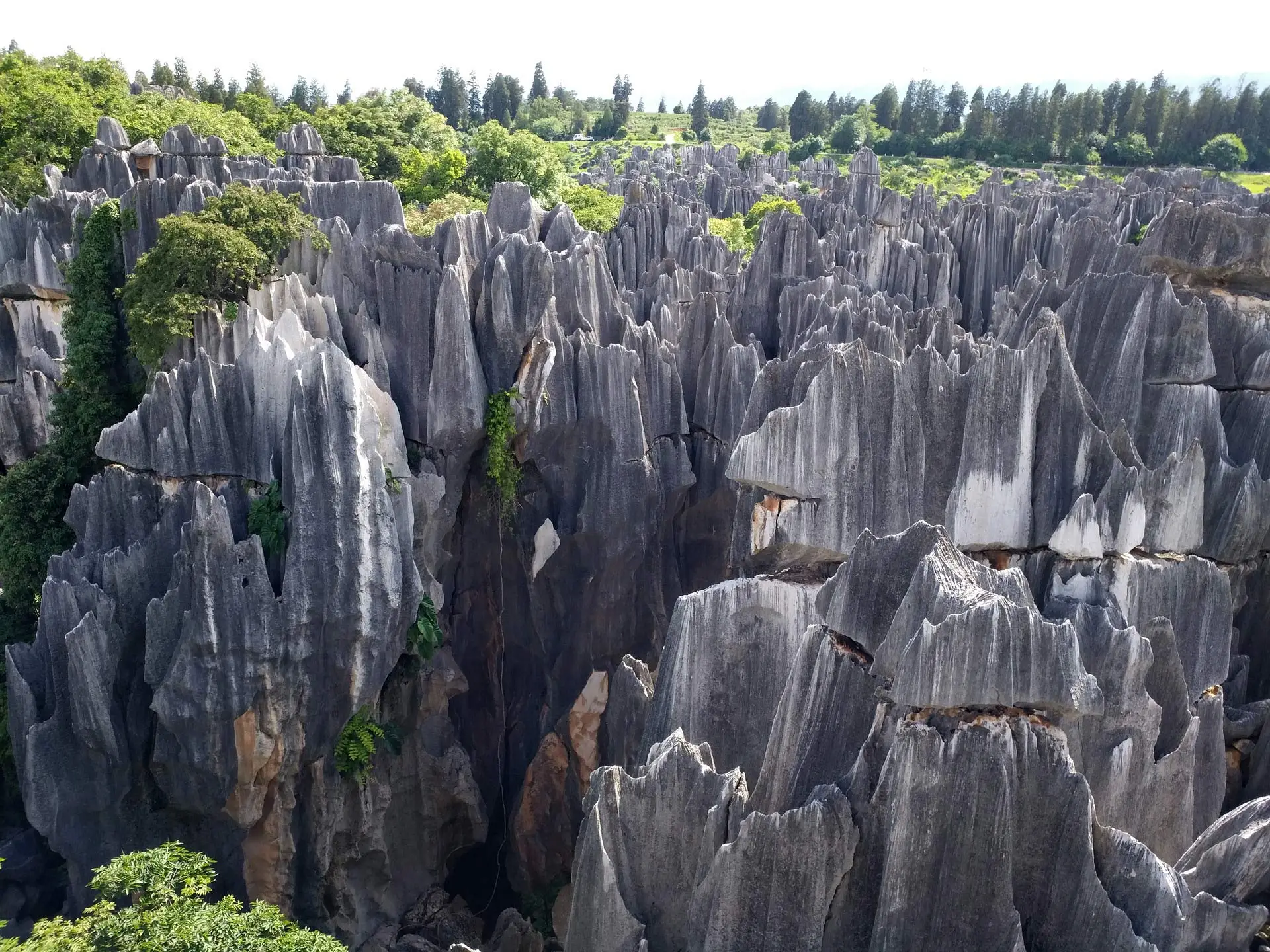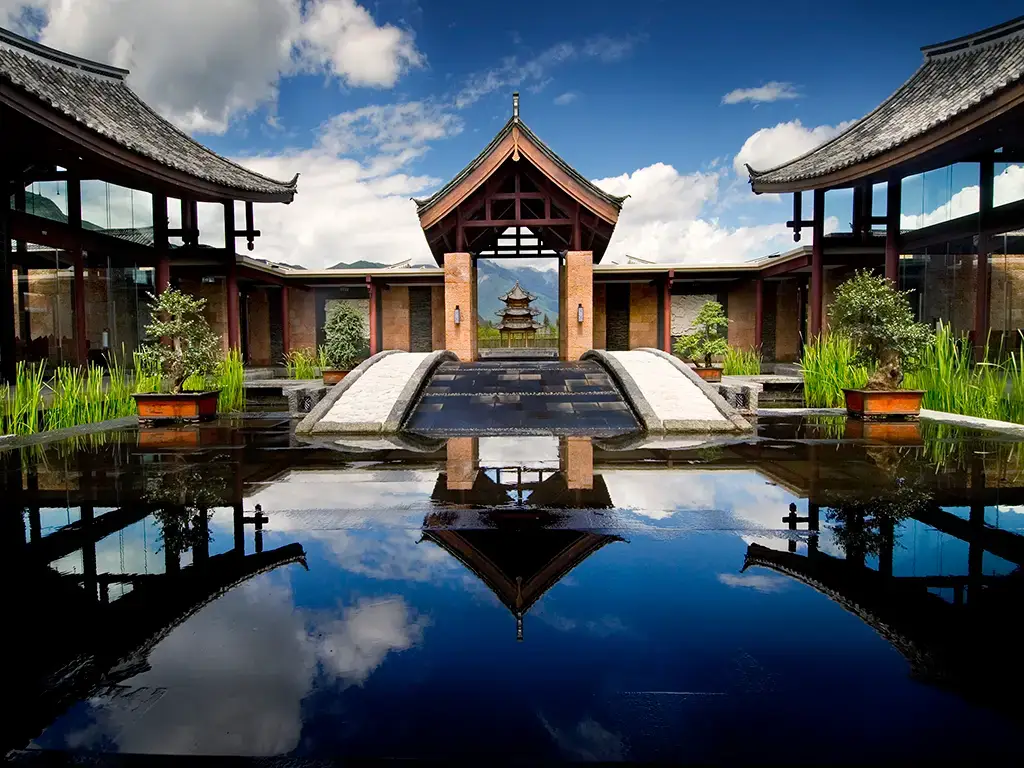Yunnan
WELCOME TO Yunnan
Province Overview
Kunming
394,100 km2
48.3 million
Chinese

Popular
Geography and Tourist Attractions
Information about the province's tourist attractions, including popular destinations, events, and activities.

Three Parallel Rivers

Jade Dragon Snow Mountain

Stone Forest
Political
Economy and Government
Yunnan province in China has experienced significant economic growth in recent years. Its economy is diverse and driven by various sectors. The province's rich natural resources, including minerals, hydropower, and agricultural products, contribute to its economic development. Yunnan is known for its production of tobacco, tea, coffee, and fruits.
The government plays a crucial role in promoting and managing Yunnan's economic growth. The provincial government has implemented policies to attract investment, enhance infrastructure, and support industries such as tourism and high-tech manufacturing. Yunnan's strategic location as a gateway to Southeast Asia has also been leveraged to foster international trade and economic cooperation.
The government of Yunnan emphasizes sustainable development and environmental protection. Efforts have been made to balance economic growth with the preservation of the province's natural resources and cultural heritage. Yunnan's unique ethnic diversity is also nurtured and celebrated, promoting cultural tourism and the preservation of traditional crafts and practices.
Yunnan's economy is closely linked to China's overall economic policies and initiatives, such as the Belt and Road Initiative. As Yunnan continues to develop, the government aims to achieve balanced regional development, reduce poverty, and improve the livelihoods of its residents.

History
History and Culture
Yunnan province in China has a rich history and vibrant cultural heritage. The region's history dates back thousands of years, with evidence of human habitation found in archaeological sites. Yunnan has been a melting pot of different ethnic groups, including the Bai, Yi, Hani, Dai, and Naxi, each contributing to the province's diverse cultural tapestry.
Yunnan played a significant role in the ancient tea and horse trade route, known as the "Tea Horse Road," which connected China with Tibet, Southeast Asia, and beyond. This trade route brought cultural exchanges, influencing art, architecture, and cuisine.
The province has also been influenced by various dynasties, including the Nanzhao and Dali Kingdoms, as well as the Mongols and the Ming and Qing dynasties. Historical sites like the Dali Ancient Town, Lijiang Ancient Town, and the Weishan Old Town bear witness to the province's rich history.
Yunnan's cultural heritage is showcased through traditional festivals, music, dance, and crafts. The region is known for intricate embroidery, silverwork, batik, and vibrant festivals like the Water-Sprinkling Festival and the Torch Festival.
The provincial government actively promotes the preservation and promotion of Yunnan's history and culture through the restoration of heritage sites, the development of cultural tourism, and the safeguarding of intangible cultural heritage.
Yunnan's history and culture are a testament to the province's unique identity and serve as a captivating draw for visitors seeking a deeper understanding of China's diverse heritage.
HOTELS

Banyan Tree Lijiang

Songtsam Retreat at Shangri-La

InterContinental Lijiang Ancient Town Resort
RESTAURANTS

Lost Garden Restaurant (Kunming)

Duan's Kitchen (Lijiang)

